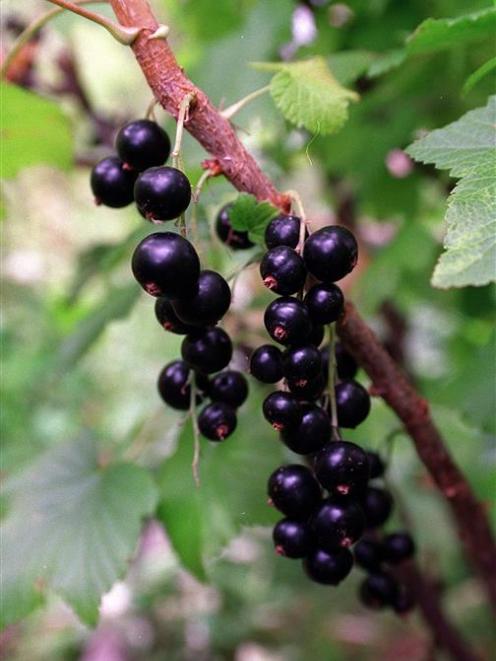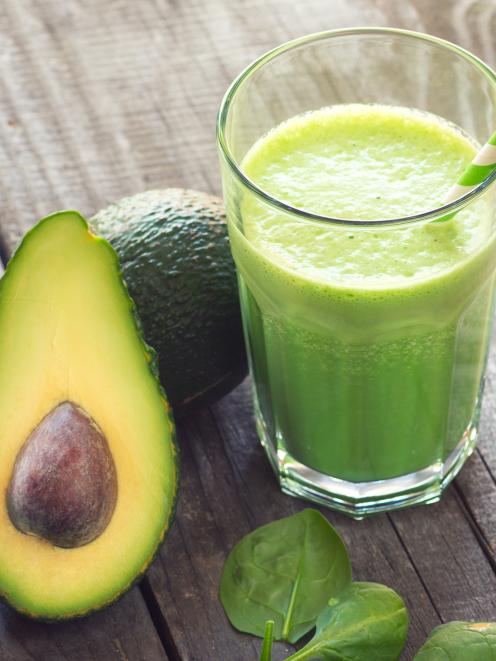The Fountain of Youth is a spring that supposedly restores the youth of anyone who drinks or bathes in its waters, writes Naturopath Deanna Copland.
Article published in Otago Daily Times, October 2016

Tales of such a fountain have been recounted across the world for thousands of years and the legend became particularly prominent in the 16th century when it was attached to the Spanish explorer Juan Ponce de Leon.
Unfortunately, like the rest of us, skin ages despite this legend. The good news is that we can look after our skin from the inside out to slow this process.
Skin is the body’s largest organ and is made up of three layers. The outermost later, the epidermis, contains proteins, pigment and skin cells and forms a protective physical barrier.
The dermis, or middle layer, contains collagen and elastin, which provide strength, firmness and elasticity. It also contains blood vessels, immune cells, nerves and glands that produce sweat and oil.
The subcutaneous layer, the deepest layer, consists of connective tissue, fat, blood vessels, hair follicles and sweat glands. All the layers of the skin contain some connective tissues with collagen fibres for support.

As we age, our skin undergoes a number of changes. Epidermal cells don’t slough off as easily. Skin doesn’t retain as much moisture. The collagen and elastin in the middle layer break down. As a result, the skin is less firm and less elastic.
The dynamic physiology of the body needs to continually take in nutrition to help repair or build new tissue.
Ingesting specific nutrients provides nourishment to the skin, helping to combat the signs of ageing, preventing damage to skin cells, increasing hydration and supporting collagen. So, what nutrients are beneficial for our skin?
Resveratrol is a powerful antioxidant that is produced in some plants to protect themselves from the environment. Being darker in colour, blackcurrants and pinot noir grapes have to work harder to protect themselves from the sun than the likes of strawberries, so have a higher antioxidant content.
Research on resveratrol is looking at its antioxidant properties and its potential in the areas of longevity, anti-inflammatory actions, heart health and anti-cancer properties.
Berries are a wonderful addition to your daily food intake and can take a bowl of porridge or smoothie to the next level.
Essential fatty acids (EFA) help to regulate oil production by influencing the cellular membrane and its ability to hold water, resulting in more balanced dermal hydration and softer, more supple skin.
EFAs also support the barrier function of the epidermis, slowing down the drying process and reducing damage from UV light.
The human body cannot manufacture EFAs so they must come from the diet. Good sources include sardines and salmon as well as flaxseed oil and chia seeds.
Hyaluronic acid (HA) plays a role in the control of tissue hydration and water transport in the body, helping support supple, plump-looking, hydrated skin.
HA supports cell turnover and contributes to the complex process of tissue repair and wound healing. A good source is a home-made bone broth made with leftover roast bones and chicken feet and/or necks.
There are many recipes online, as this staple of most cultures makes a comeback.
Vitamin C is a key nutrient for the production of collagen. It helps to create scar tissue and ligaments, and promotes skin repair.
Vitamin C is also an antioxidant that slows the rate of free-radical damage that affects collagen and causes skin dryness, fine lines and wrinkles.
Include plenty of fresh fruit and raw capsicum for vitamin C and, if supplementing, choose a non-acidic form such as Ester C.
Folic acid and Vitamin B12 play a vital role in DNA synthesis and repair and help to heal and repair damaged skin and reduce hyper-pigmentation. Green leafy veges are a great source of folic acid and miso, egg yolk and meats are a source of B12.
Limit sugar, dairy products and wheat products in the diet, as they can contribute to inflammation in the body and congestion in the skin. Instead opt for unprocessed whole foods.
Hydration is critical for healthy skin, so water is vital. A good way to work out how much your body needs is to multiply your body weight in kilograms by 35ml.

For example, a 75kg person needs 2625ml of water a day, about 10 cups. Herbal teas, coconut water and water can all contribute towards this amount.
Super skinfood smoothie
Serves 1
Ingredient
¼ cup coconut water
1 fresh date, stone removed
3 Tbsp frozen mixed berries
½ avocado
2 Tbsp cacao powder
2 Tbsp ground chia seeds
½ cup baby spinach leaves
Method
Blend until smooth and enjoy.
https://www.odt.co.nz/lifestyle/food-wine/news-features/slowing-ageing-process
